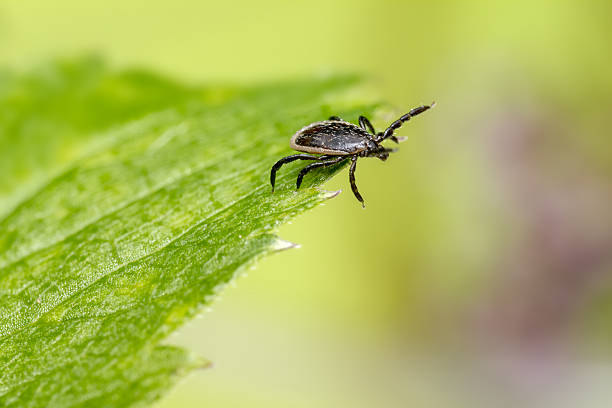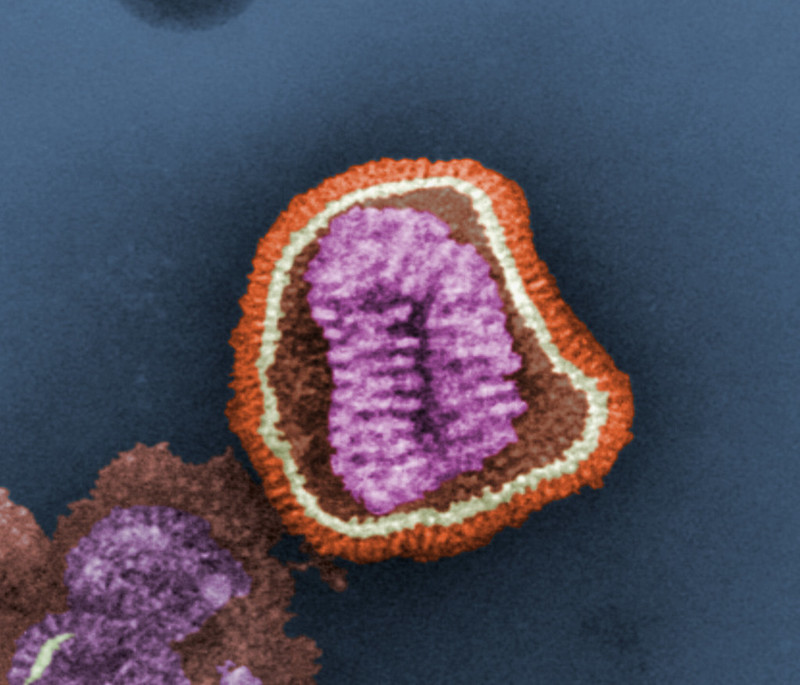
Disease surveillance and genomic analyses in northeast China identifies the emerging tick-borne Yezo virus in 2% of 988 participants, prompting researchers to urge clinicians to be vigilant in patients with symptoms of infection.
For the study, published in The Lancet Infectious Diseases, researchers from Shandong University conducted Yezo virus surveillance at a hospital in Heilongjiang Province.
The team collected sera from patients who sought care for a tick bite from May to July in 2022, 2023, and 2024 to conduct genomic sequencing, real-time-polymerase chain reaction, and indirect immunofluorescence assay. They used cell culture to isolate the virus.
"Yezo virus (YEZV) is an emerging tick-borne pathogen, which was initially reported in Japan in 2021," the authors noted. "Only one patient had been reported in China so far."
Differentiating Yezo signs, symptoms
Eighteen participants had Yezo virus infections (12 male, 6 female; median age, 53 years), and 8 were hospitalized. Symptoms included fever (100%), headache (56%), dizziness (50%), malaise (17%), low back pain (17%), cough (17%), gastrointestinal problems (50%), and neurologic issues (28%). Signs included rash (50%), abnormal lymph nodes (22%), and, among 16 patients, low levels of lymphocytes (63%) and platelets (31%).
YEZV should be differentiated from those with other tick-borne pathogens, which can cause similar clinical manifestations.
High liver transaminase levels were observed in 72% of participants, while elevated concentrations of the enzymes lactate dehydrogenase or α-hydroxybutyric dehydrogenase were seen in 50%, serum amyloid protein A in 72%, and C-reactive protein in 56%.
Eight (7%) of 119 Ixodes persulcatus ticks—or taiga ticks—removed from patients tested positive for Yezo, and three strains were isolated from sera. Phylogenetic analyses showed that Yezo viruses in patients or ticks belonged to two clades with distinct mutations.
"YEZV should be differentiated from those with other tick-borne pathogens, which can cause similar clinical manifestations," the researchers wrote.
In a related commentary, Keita Matsuno, DVM, of Hokkaido University, called for expanded surveillance: "Further studies are needed to identify currently unrecognised endemic areas of Yezo virus infections, especially in northern Europe and northern Asia, where I persulcatus ticks are widely distributed."










